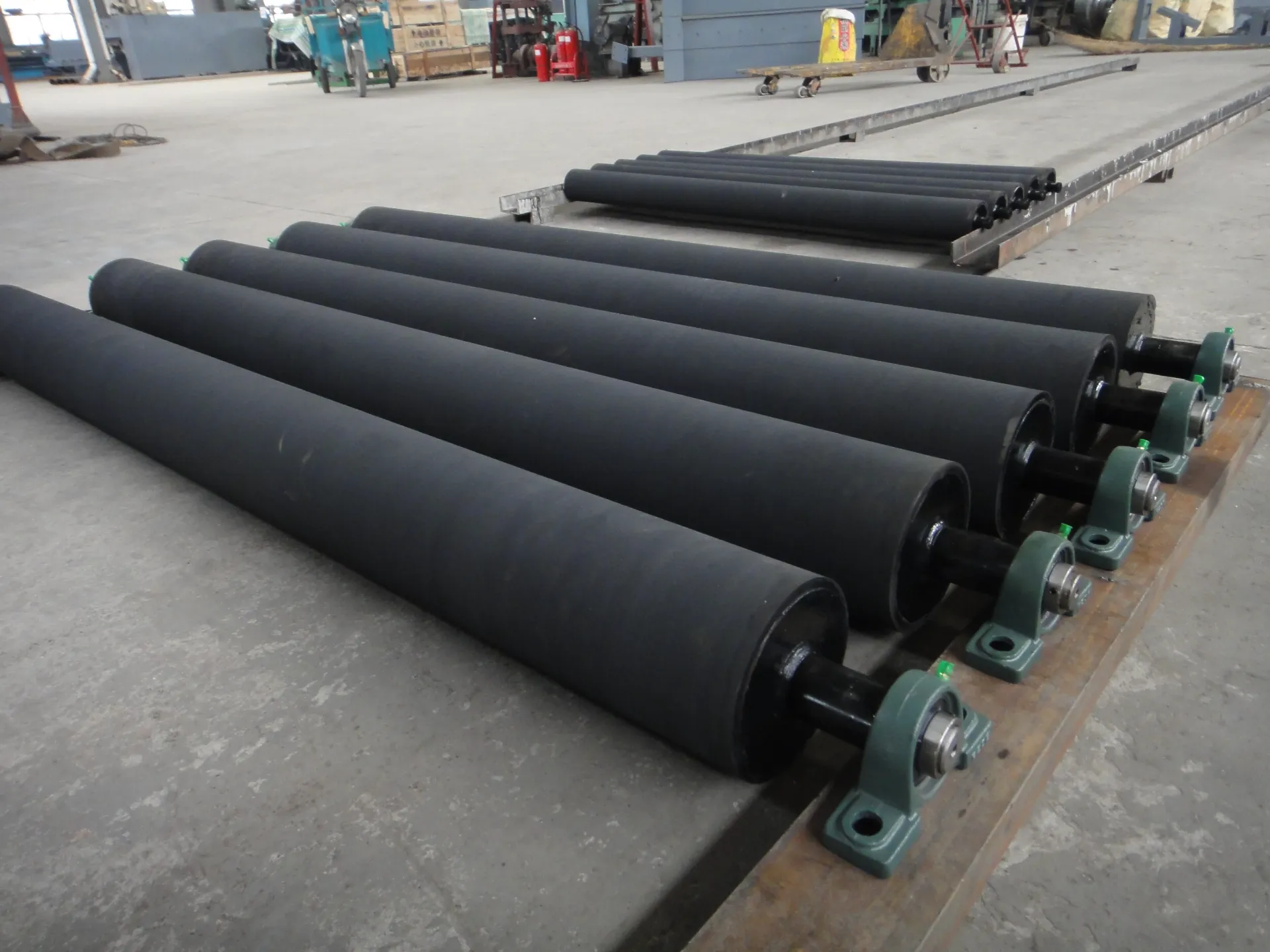 Afrikaans
Afrikaans  Albanian
Albanian  Amharic
Amharic  Arabic
Arabic  Armenian
Armenian  Azerbaijani
Azerbaijani  Basque
Basque  Belarusian
Belarusian  Bengali
Bengali  Bosnian
Bosnian  Bulgarian
Bulgarian  Catalan
Catalan  Cebuano
Cebuano  Corsican
Corsican  Croatian
Croatian  Czech
Czech  Danish
Danish  Dutch
Dutch  English
English  Esperanto
Esperanto  Estonian
Estonian  Finnish
Finnish  French
French  Frisian
Frisian  Galician
Galician  Georgian
Georgian  German
German  Greek
Greek  Gujarati
Gujarati  Haitian Creole
Haitian Creole  hausa
hausa  hawaiian
hawaiian  Hebrew
Hebrew  Hindi
Hindi  Miao
Miao  Hungarian
Hungarian  Icelandic
Icelandic  igbo
igbo  Indonesian
Indonesian  irish
irish  Italian
Italian  Japanese
Japanese  Javanese
Javanese  Kannada
Kannada  kazakh
kazakh  Khmer
Khmer  Rwandese
Rwandese  Korean
Korean  Kurdish
Kurdish  Kyrgyz
Kyrgyz  Lao
Lao  Latin
Latin  Latvian
Latvian  Lithuanian
Lithuanian  Luxembourgish
Luxembourgish  Macedonian
Macedonian  Malgashi
Malgashi  Malay
Malay  Malayalam
Malayalam  Maltese
Maltese  Maori
Maori  Marathi
Marathi  Mongolian
Mongolian  Myanmar
Myanmar  Nepali
Nepali  Norwegian
Norwegian  Norwegian
Norwegian  Occitan
Occitan  Pashto
Pashto  Persian
Persian  Polish
Polish  Portuguese
Portuguese  Punjabi
Punjabi  Romanian
Romanian  Russian
Russian  Samoan
Samoan  Scottish Gaelic
Scottish Gaelic  Serbian
Serbian  Sesotho
Sesotho  Shona
Shona  Sindhi
Sindhi  Sinhala
Sinhala  Slovak
Slovak  Slovenian
Slovenian  Somali
Somali  Spanish
Spanish  Sundanese
Sundanese  Swahili
Swahili  Swedish
Swedish  Tagalog
Tagalog  Tajik
Tajik  Tamil
Tamil  Tatar
Tatar  Telugu
Telugu  Thai
Thai  Turkish
Turkish  Turkmen
Turkmen  Ukrainian
Ukrainian  Urdu
Urdu  Uighur
Uighur  Uzbek
Uzbek  Vietnamese
Vietnamese  Welsh
Welsh  Bantu
Bantu  Yiddish
Yiddish  Yoruba
Yoruba  Zulu
Zulu Conveyor Hanger Solutions for Efficient Material Handling Systems
The Importance of Conveyor Hangers in Modern Industries
In the fast-paced world of modern manufacturing and logistics, efficiency and reliability are paramount. One of the critical components that contribute to streamlined operations is the conveyor system. Within these systems, conveyor hangers play a pivotal role, often overlooked yet essential for the smooth functioning and longevity of the conveyor system.
What Are Conveyor Hangers?
Conveyor hangers are structural supports designed to suspend conveyor belts and ensure they operate at optimal levels. They serve as the backbone for various types of conveyors, including roller conveyors, belt conveyors, and overhead systems. Typically made from durable materials such as steel or aluminum, these hangers are engineered to withstand heavy loads while maintaining stability.
Types of Conveyor Hangers
There are several types of conveyor hangers, including fixed, adjustable, and swivel hangers. Fixed hangers are used when the conveyor path is permanent and can be securely anchored. Adjustable hangers allow for flexibility, accommodating changes in the conveyor system as production needs evolve. Swivel hangers provide added versatility by allowing the conveyor to turn or navigate complex paths, which is particularly useful in facilities with limited space.
The Role of Conveyor Hangers in Efficiency
The primary function of conveyor hangers is to support the conveyor system, ensuring that belts remain aligned and stable. Properly installed hangers prevent sagging and misalignment, which can lead to jams and equipment failure. By maintaining an efficient flow of materials, conveyor hangers reduce downtime and increase productivity.
Additionally, conveyor hangers help distribute the weight evenly across the system. This weight distribution minimizes wear and tear on the conveyor belts and reduces the likelihood of mechanical failures. As a result, businesses can lower maintenance costs and extend the lifespan of their conveyor systems.
conveyor hanger

Choosing the Right Conveyor Hangers
Selecting the appropriate conveyor hangers is crucial for the success of any conveyor system. Factors to consider include the weight of the materials being transported, the type of conveyor system, and the specific operating environment. For heavier loads, stronger, more robust hangers are necessary, while lighter loads may require less substantial support.
Environmental factors such as temperature, humidity, and exposure to chemicals should also be taken into account. In harsh environments, hangers made of corrosion-resistant materials are recommended to ensure longevity and reliability.
Installation and Maintenance
The installation of conveyor hangers requires careful planning to ensure that they are positioned correctly and can accommodate the operational requirements of the conveyor system. Regular maintenance is equally important, as worn or damaged hangers can compromise the entire conveyor system. Routine inspections should be conducted to identify signs of wear and ensure that all components are in good working order.
Conclusion
In conclusion, conveyor hangers may seem like a minor component in the grand scheme of manufacturing and logistics, but they are fundamental to the overall efficiency of conveyor systems. By understanding their importance and choosing the right type for specific applications, businesses can enhance their operational efficiency, reduce costs, and increase productivity.
With ongoing advancements in technology, the future of conveyor systems and their components, including hangers, looks promising. As industries continue to evolve, the reliance on these essential elements will only increase, solidifying the role of conveyor hangers in the framework of modern manufacturing and logistics. Investing in high-quality conveyor hangers and ensuring their proper installation and maintenance will pay dividends in the long run, making them a critical aspect of any operational strategy in the industrial sector.
-
Revolutionizing Conveyor Reliability with Advanced Rubber Lagging PulleysNewsJul.22,2025
-
Powering Precision and Durability with Expert Manufacturers of Conveyor ComponentsNewsJul.22,2025
-
Optimizing Conveyor Systems with Advanced Conveyor AccessoriesNewsJul.22,2025
-
Maximize Conveyor Efficiency with Quality Conveyor Idler PulleysNewsJul.22,2025
-
Future-Proof Your Conveyor System with High-Performance Polyurethane RollerNewsJul.22,2025
-
Driving Efficiency Forward with Quality Idlers and RollersNewsJul.22,2025





























